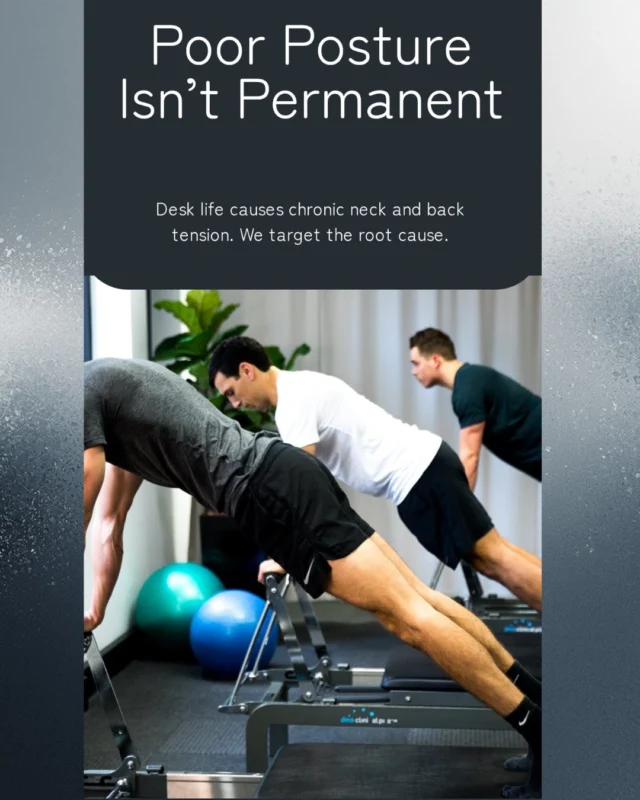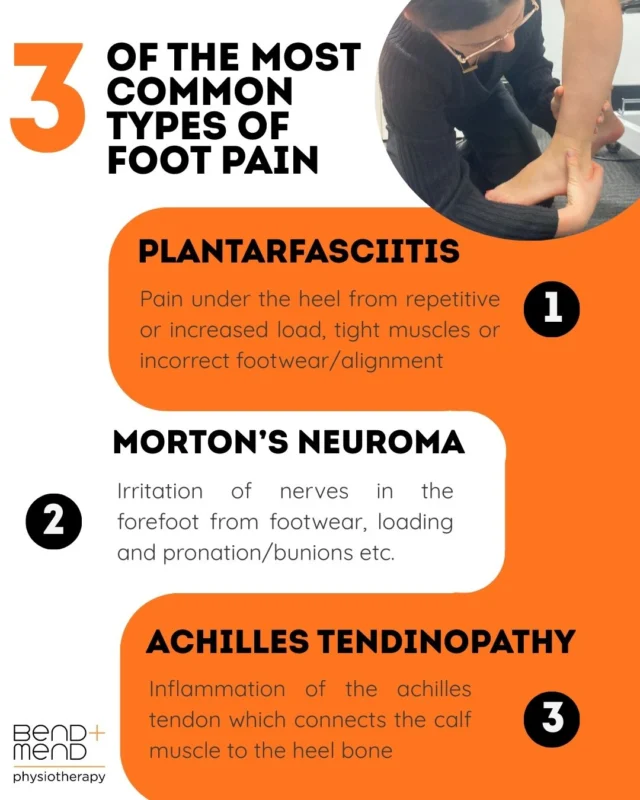 July 24-30 was National Pain Week, so rather than suffering through it, we thought we would discuss an aspect of pain that is prevalent in our day-to-day life: pain-relieving medications.
July 24-30 was National Pain Week, so rather than suffering through it, we thought we would discuss an aspect of pain that is prevalent in our day-to-day life: pain-relieving medications.
Pain is a primary reason for a lot, if not most, visits to Physiotherapists. Patients often ask about pain relief medication. Is it just going to numb the pain or merely cover it up? Could I hurt it more because I’m not aware of it? Isn’t it bad to rely on pain drugs?
First of all, pain is an output of the brain to let you know your body is in danger. It is an extremely important function of the body to protect it from damage. It takes a lot of information, including sensation from the injured area , as well as our thoughts, emotions and past experiences, to create pain. And it is, at times, extremely unpleasant.
Pain also works as an input to other body systems to enable this protection of the body. One of the most obvious systems, one Physios deal with, is that of the muscles. In response to pain, muscles do a lot of funny things, one being spasm, which changes (limits) how we move, and further importantly, causes more pain. The other is the dramatic weakening and inhibition of the stability and control muscles.
Particularly with back and neck pain, but also apparent in the limbs, this pain-spasm-pain cycle combined with a loss of stability results in the exaggeration of a pain experience and can often turn an acute injury into a chronic condition. Breaking these cycles early, or ‘nipping it in the bud’, can allow for a faster healing time and a quicker return to normal activities. Physiotherapists, with their manual techniques and exercise, are good at this, but sometimes, especially in severe and acute cases, we need a bit of a helping hand. This is where pain medication (analgesics) can help.
As well as helping you move better after an acute injury, pain relief medication can assist with getting a good night’s sleep, helping your mood (as less pain = less stress) and (in the case of an anti-inflammatory) help to reduce inflammation.
After an acute phase is over, however, if there still exists a reliance on medication, it is good to talk to your Bend + Mend Physio about why this pain is still affecting you and your life. Long-term dependence on pain relief medication, particularly in musculoskeletal conditions, is not a good thing. Long-term use of many analgesics carries with it many side-effects, and subsequently, weaning from medication should be a goal in any long-term management plan.
So, ask your Bend + Mend Physio here in Sydney’s CBD about pain relief next time you’re sore – it can help you more than just masking a symptom.
(When deciding on a particular type of pain relief, it is best to also ask your GP or pharmacist, and they can expertly help you out, while considering your history, condition and other medications you may be taking.)





